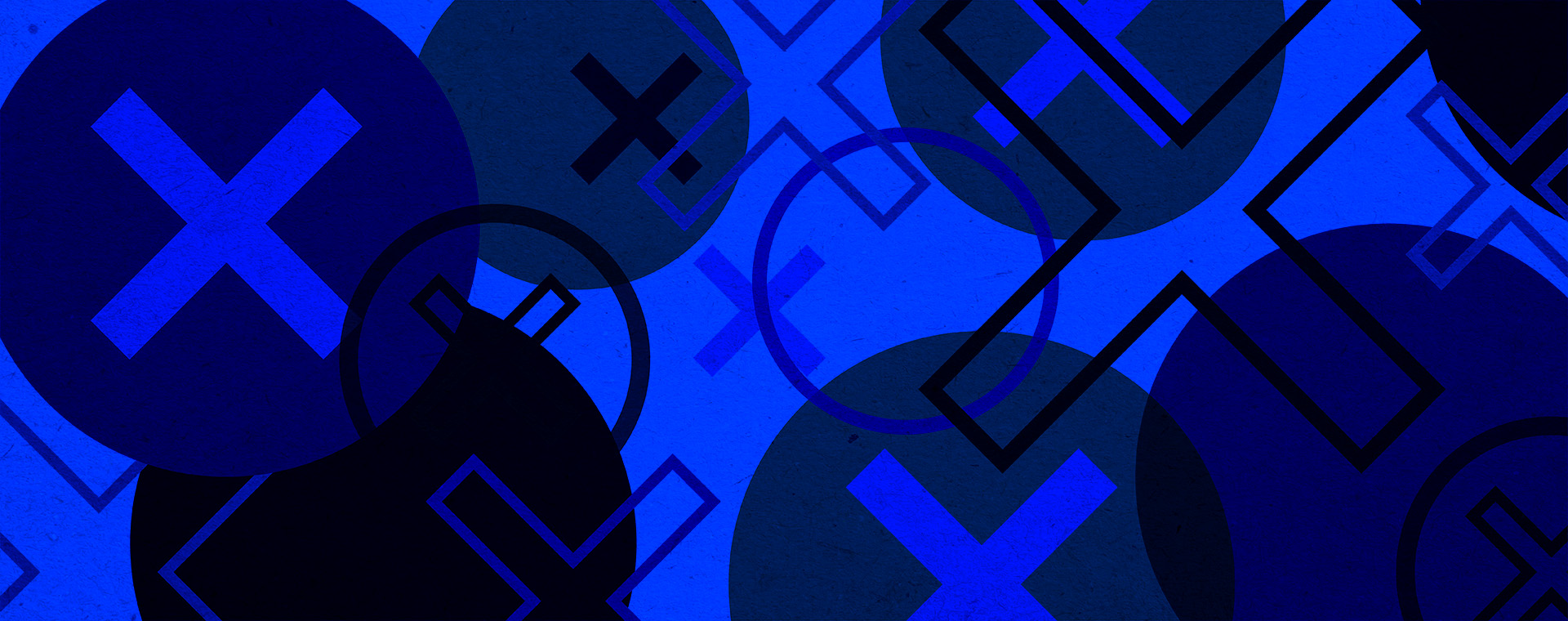Download on Digital: June 2021 – Corporate social justice & rainbow-washing
By: Kyle Weber
June 15, 2021 | Reading Time: 2 mins
Welcome to the Download on Digital, where we cover the latest in digital marketing news.
Brands called out for rainbow-washing
If you follow a good number of companies on social media, you’ve probably noticed an extra splash of colour over the last few weeks. That’s because it’s Pride month and to show their support of LGBTQ+ communities, many companies—like Stryve—spin-up pride-themed rainbow versions of their logo.
This has gotten more and more popular over the years. To most, it seems like a good idea until the term “rainbow-washing” starts being thrown around. That’s when companies like AT&T—who’ve followed the rainbow logo trend—get put on blast for supporting anti-gay politicians. See the issue?
This is a cut-and-dry example of rainbow-washing. It’s also an example of short-sighted and poorly executed marketing that taps into corporate social justice (CSJ), an offshoot of CSR that demands authenticity and follow-through when it comes to brands taking social/political stances.
Starbucks took a stand against Facebook and it means nothing
While 64% of consumers say social and political stances can push them to become customers, those stances could just as easily lead to boycotts. Companies know this, which is why over 1,000 of them boycotted Facebook advertising last year. It’s also why Starbucks has made headlines recently, as they’ve threatened to leave the platform completely due to poor policing of hate speech.
Here, Starbucks seems like the protagonist. That’s the goal. But what companies like Starbucks fail to realize is with demands for CSJ comes a new type of consumer—one that cares enough to do a Google search. From there, it doesn’t take long to learn Starbucks forbade employees from wearing Black Lives Matter swag just last year. You’ll also find out Starbucks recently endorsed a TikTok trend designed to make employees quit or get fired. Then, to come full circle, they fired an employee who posted about it on social media.
This is where authenticity comes in. In a 2020 survey, results showed that 86% of consumers say authenticity is a major factor in whether or not they will support a brand. This means companies looking to gain points with rainbow logos and social statements need to be sure they’re not just talking the talk. Consumers will do their research to make sure actions align with words.
Adidas and Whole Foods both learned that the hard way, after employees called out the disconnect between how they operate internally and how they present themselves externally.
What should businesses do?
When it comes to CSJ, one PR agency recommends brands focus on what is most authentic to them.
Another school of thought—while it might be a bit of a plot twist—is to focus on building a better product or consumer offering. With Nike and Dove topping the list of most-trusted brands, we see how consumers are more willing to forgive past behaviour and forgo authenticity research when it comes to their favourite products.
More telling is where Amazon ranks on consumer lists. If CSR and CSJ matter as much as consumers claim, how could a company tied to deadly airstrikes have so many willing customers? For businesses, it seems the best marketing strategy continues to be fielding the best product.








